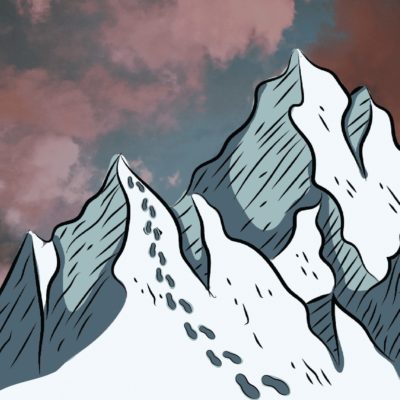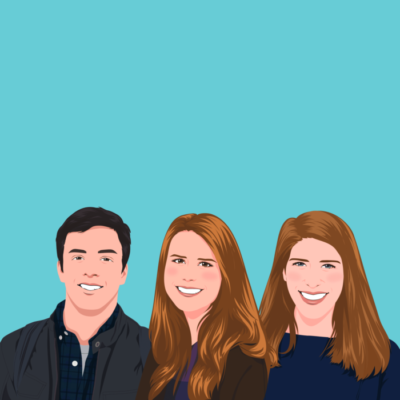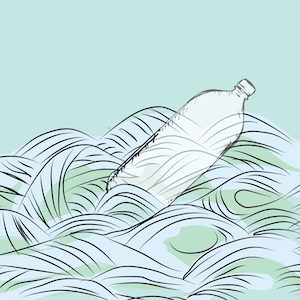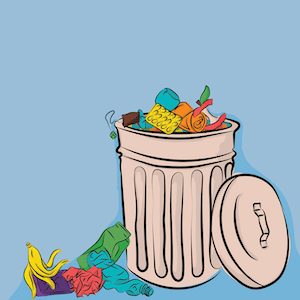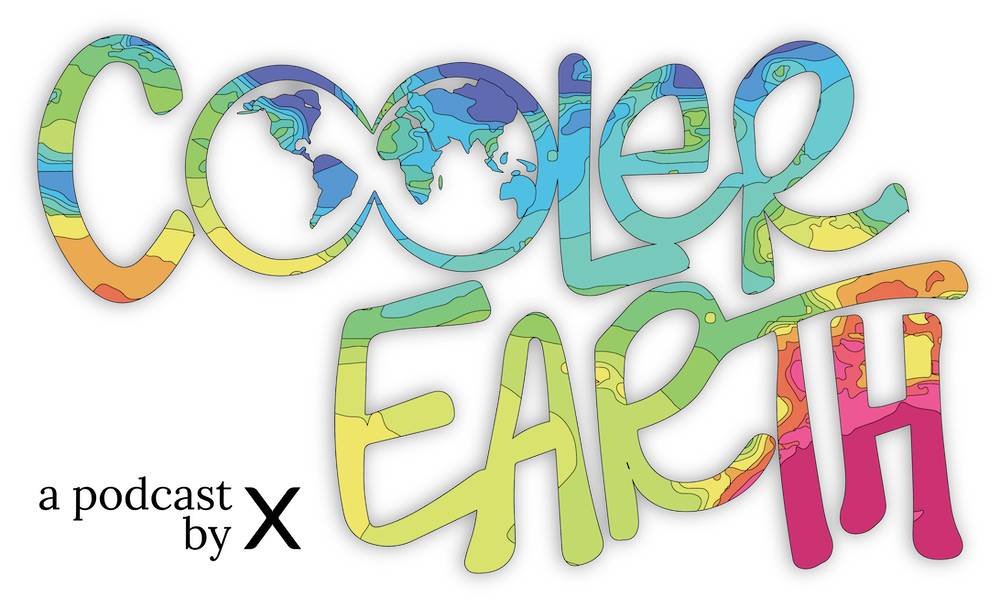
Welcome to Cooler Earth, a podcast where we talk with those seeking solutions to the climate crisis. These are the people leading the movement to keep this planet a livable one. And they’re doing so in ways that ensure equity and justice for all people, specifically those who have been at the frontlines of this crisis.
Each and every day, massive amounts of work and dedication are bringing us closer to addressing climate change on the scale it requires. This series brings you the wonderful stories of people doing the work on the ground in the hopes that it inspires, informs, and mobilizes you to become a solution-seeker yourself.
The views, thoughts, and opinions expressed by our guests do not necessarily reflect those of Climate XChange.
SEASON FOUR
How has the coronavirus pandemic, and the renewed mass calls for racial justice around the world impacted and changed the way we do climate work? That is a question that many of us have been asking ourselves, and the guiding question behind this season of the Cooler Earth podcast.
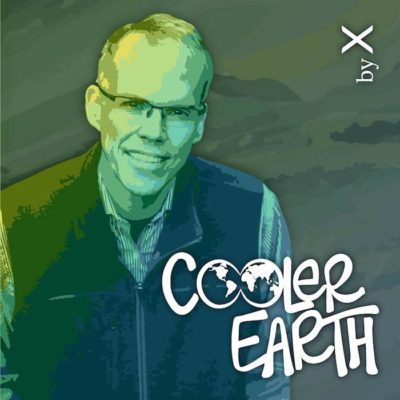
"Be a little less of an individual"
Earlier this year in May, we had Bill McKibben join us for a special webinar series we put together in response to the coronavirus lockdown, as we adjusted to life at home. Our conversation was so salient that we decided to use the audio to kick off the fourth season of our podcast, Cooler Earth. In 2008, Bill founded 350.org, an organization focused on bringing together a movement to end fossil fuels, building community resilience, and addressing environmental justice issues at their roots. As the world grapples with the intersectional crises that are systemic racial, economic, and environmental injustices, his message on organizing and grassroots power-building is as important as ever.
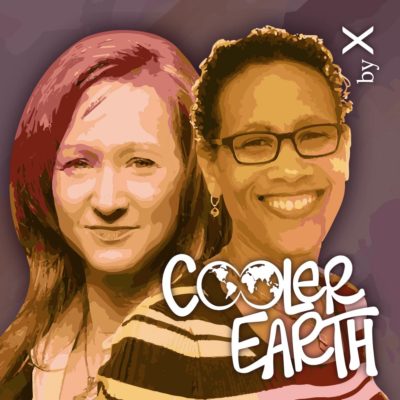
“Sometimes you have to make the good trouble”
Wielding the power of the law to change these current realities, and to advance justice and environmental protections is a powerful way to create and codify meaningful, long-lasting change. That is what drives EarthJustice, a nonprofit public interest law organization committed to preserving natural places and wildlife, advancing clean energy, and combating climate change. Today on the podcast, we talk with Adrienne Bloch and Kim Smaczniak of EarthJustice, who are harnessing the power of the law to fight climate change. Today on the podcast, we talk with Adrienne Bloch and Kim Smaczniak of EarthJustice, who are harnessing the power of the law to fight climate change.
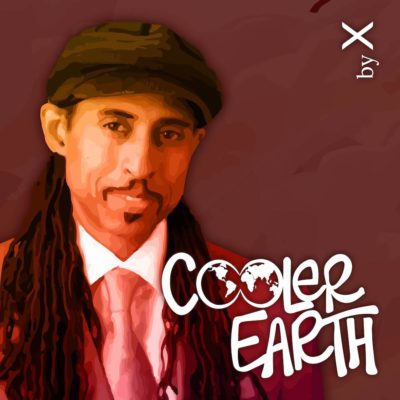
“You can’t pull up your bootstraps if you don’t have any boots”
Dr. Mustafa Santiago Ali is a long-time advocate for social and environmental justice. He is currently the Vice President of Environmental Justice, Climate, and Community Revitalization at the National Wildlife Federation, as well as the founder of Revitalization Strategies, an organization dedicated to addressing climate and economic issues in vulnerable communities. In this episode of the podcast, we speak with Dr. Ali about the role faith has played in his work for social justice, the need for community-led solutions, and the inextricably linked relationship between social justice and environmental issues.
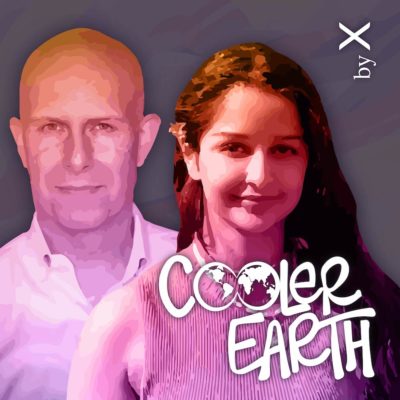
“Systemic racism subsidizes the fossil fuel economy”
It’s hard to overstate both the chaos and the stakes surrounding this year’s election. We’re currently facing the overlapping crises of an ongoing pandemic that has shifted the way we can carry out the electoral process, an economic crisis greater than we have seen in over a decade, and the ever-present realities of living in a climate altered world like the wildfires in the West, and this year’s hurricane season. As the climate crisis continues to climb as a top concern for likely voters in the U.S., we sat down with Sara Singh of Sunrise, and Nathaniel Stinnett of the Environmental Voter Project to understand the growing impact of climate and environmental justice in electoral politics.
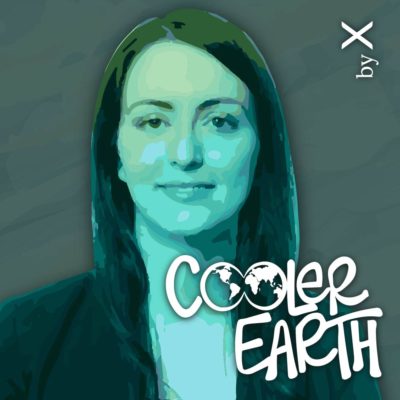
“COVID-19 is the pop quiz but climate change is the final exam”
Lauren Kurtz is the Executive Director of the Climate Science Legal Defense Fund (CSLDF), where she works tirelessly to preserve the integrity of scientific research and defend the livelihoods of scientists facing legal battles. In this episode, we talk with Kurtz about the importance of the legal fight for science in the face of mounting, concerted attacks to suppress, invalidate, and intimidate scientific researchers and the parallels of science denial we’re seeing between climate science, and COVID-19.
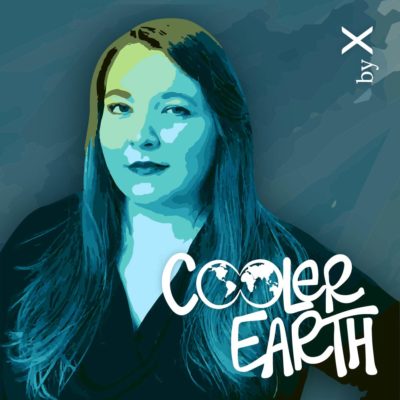
“It’s not a future reality, it’s a current reality”
While there is an urgent need to mitigate the climate crisis and the impacts that accompany it, we also need to be thinking about how we plan for and recover from these climate-fueled disasters. Samantha Montano is what you call a “Disasterologist.” She has a doctorate in emergency planning and is currently a professor at the Massachusetts Maritime Academy. Dr. Montano is heavily invested in researching and working on achieving equitable policy around how we plan, prepare, and recover from disasters. For this episode, we sat down with her for a conversation around the climate crisis, the lessons that can be learned from the coronavirus pandemic response, and how our systems are woefully underprepared for the impacts of climate change.
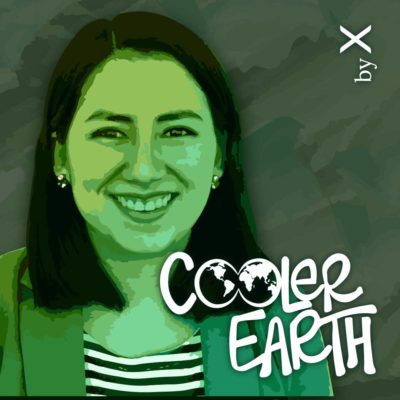
“If you're not centering justice you’re not going to solve the problem”
Surviving the climate crisis will require collective action on a grand scale; but this action must be led by the communities facing firsthand the impacts of climate change. It is these voices from the frontlines who are most valuable to the movement, and community leaders who are best positioned to make a change and have lasting impact in correcting for overlapping justice issues and lead us to a planet that is not only livable, but just. Mayra Cruz works to build and foster leadership on climate change and climate resiliency in Miami. As the Climate Resilience Program Manager for Catalyst Miami, Mayra works with communities to solidify leadership and advocacy skills in order to advance justice and equity in the county. In this week’s episode, we talk with her about building resiliency from the local level, and creating a strong civil society that is equipped to address climate change along with other, most pressing social justice issues.
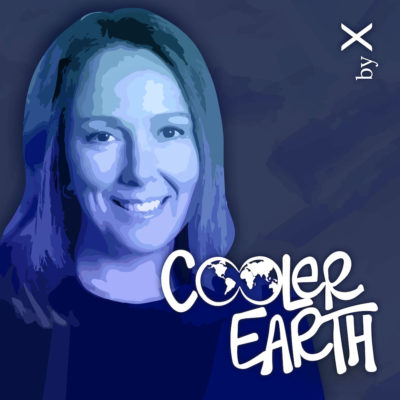
“This is not a science problem anymore, it’s an everything problem”
Genevieve Guenther is a former Shakespeare and renaissance literature scholar, who is now using her extensive knowledge of language and the power of communication to provide tools to strengthen how we talk about the climate crisis. In 2018, she founded End Climate Silence, an organization dedicated to push the media to connect news stories about extreme weather and climate impacts directly to the climate crisis and its causes. For too long, the coverage has been silent about climate science, especially when it comes to already reported stories that are undoubtedly connected to climate. In this episode of the podcast, we talk with Genevieve about what drove her to become active in the climate space, using literature to inform stronger climate communications, and why we need to hold the media accountable when it comes to this crisis, the greatest challenge of our time.
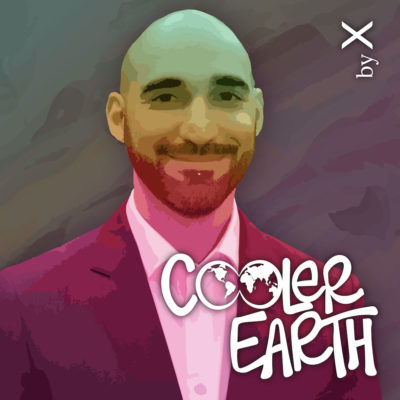
"No economy functions well when people are dying"
Insights into human psychology have provided the climate movement with a wealth of information about how different demographics interpret, process, and behave in regards to messaging and communication strategies. In this episode, we talk with Dr. Mathew Goldberg about his work at Yale’s Program on Climate Change Communication, his research on message persuasion and fossil fuel money in politics; and his insight into how we can better integrate knowledge of human psychology to strengthen support for climate action.
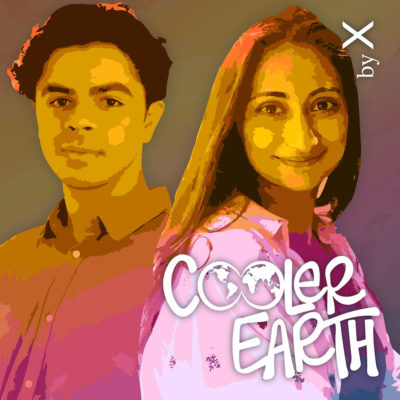
"A world in which no one is disposable"
The youth climate and environmental justice movement has entirely reshaped the landscape of climate policy and changemaking. Young leaders from around the world have been central in not just leading mass mobilizations to demand action on climate and racial justice, but also in redirecting the public narratives and perceptions of the climate crisis and our roles in solving them. Gabriela Rodriguez and John Paul Mejia are the co-hosts of House On Fire, a youth-led podcast powered by the CLEO institute. They are both Latinx activists, educators, and leaders for change in their community; we talked about all things climate activism, radical imagination for a better future, and our shared Colombian heritage.
SEASON THREE: NOW WHAT?
It’s Time To Talk About How We Talk About Climate Change. A lot of writing and advocacy on climate change these days gets it right about the risk, but wrong about how we try to accomplish the critical goal of raising public concern and moving people to action. That’s because it appeals to reason, and reason is not what drives human behavior. It is a challenge that we must overcome in finding effective and efficient ways to not only communicate the science as evidence of anthropogenic climate change, but in mobilizing public support for action and solutions. This is why we decided to launch a project to tackle these very pressing questions. As advocates, policymakers, or concerned citizens, it’s important that we take a moment to think through how we can best craft our message on this very crucial topic.
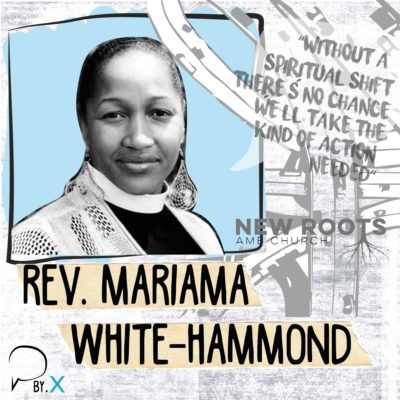
"Addressing climate change is also a spiritual matter"
Boston native Reverend Mariama White-Hammond recently started her own congregation in the city, with a hope to make climate justice a central pillar of her message. I talked with her about the role of faith and spirituality in conveying the message about a changing climate, and importantly, our individual roles in being part of the solutions.
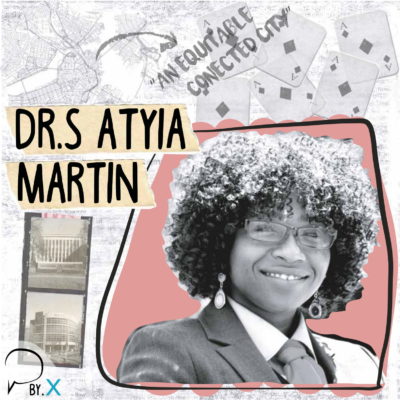
"If it’s not your struggle it’s invisible to you"
Dr. Atyia Martin is the former Chief Resilience Officer for the City of Boston, and is the Founder and CEO of All Aces Inc. a consulting firm with a mission to further critical thinking in advancing personal and organizational resilience. On this week’s episode of the podcast, Dr. Martin talks to me about the importance of critical thinking and humility in approaching systemic issues such as racism and climate change.
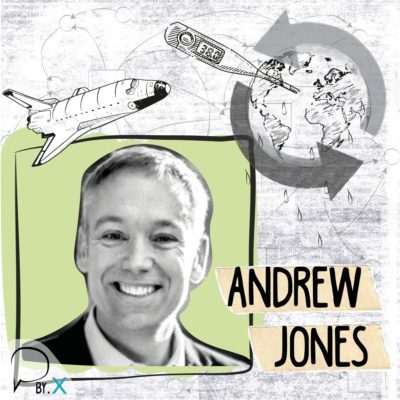
"Showing people research really doesn't work"
Andrew Jones is an expert on international climate and energy issues. He is a system dynamics modeler, keynote speaker, and designer of simulation-based learning environments. He is also the co-founder and co-director of Climate Interactive. On this week’s episode, we cover the motivations that led to him start his non-profit, and why he now understands that we need to go beyond simply showing people the research.
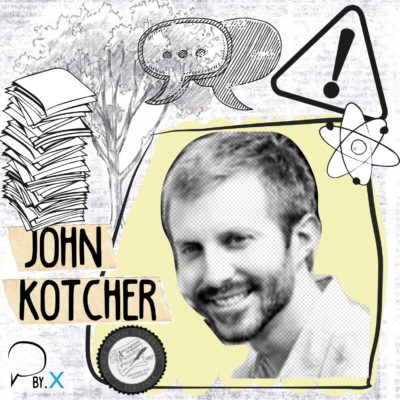
"You can’t just scare people into action"
Climate change perceptions have shifted dramatically among Americans in the past five years, with a double-digit increase of those who think of it as an important issue. The next step is how to translate that concern to political action. This week on the podcast is John Kotcher, Ph.D, a Research Assistant Professor at George Mason University’s Center for Climate Change Communication, where he conducts research on science and risk communication.
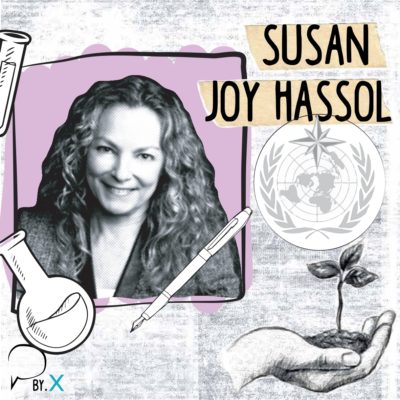
"Gravity is just a theory too"
This week on the podcast is Susan Joy Hassol, the Director of Climate Communication, a non profit aimed at assisting scientists and journalists in communicating climate change. She has built a career around the question of how to best communicate climate change and brilliantly identified the schism between scientific communication and every-day understanding of certain terms, which causes a lot of misunderstanding around climate change.
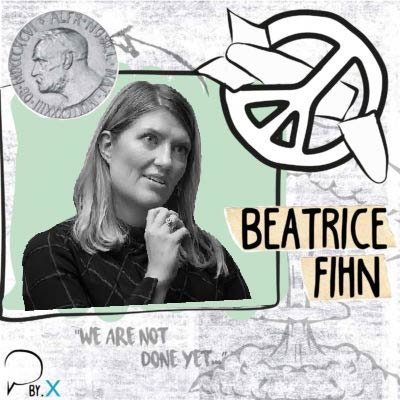
"People want to feel meaning"
Beatrice Fihn leads the International Campaign to Abolish Nuclear Weapons (ICAN), which was awarded the 2017 Nobel Peace Prize for its work in in highlighting the humanitarian cost and consequences of nuclear weapons. Once again this year, the Bulletin of Atomic Scientists have identified the two most existential threats facing humankind as being climate change and nuclear weapons; for this reason our conversation with Beatrice is relevant, and incredibly useful in how we conceptualize and advocate for these issues.
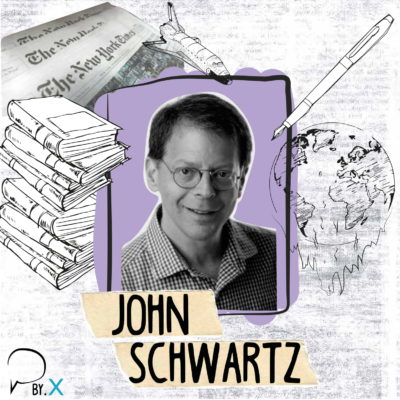
"Don't throw out the baby with the bathwater"
John Schwartz is a science writer for The New York Times, focusing on climate change; he provides us with a look into the editorial and journalistic process of covering climate change, which is the story of our lifetime. The New York Times, as have many other institutions made deliberate decisions around this coverage, which include tossing out the idea that there are two sides to this story, and the pressing need to include multimedia and creative visuals to attract new audiences.
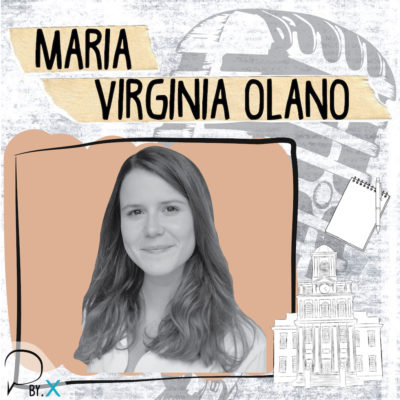
"We can't blame our way out of this"
For the last episode of this season, we are doing things differently. Michael Green, Executive Director of Climate XChange is interviewing our host, Maria Virginia Olano. She speaks on the need to more intentionally craft innovative and engaging communications strategies to move people to action in the climate space. What decisions drove the episodes, the questions, and the selection of guests, and what we can learn from the experts in moving the movement and the conversation forward.
SEASON TWO
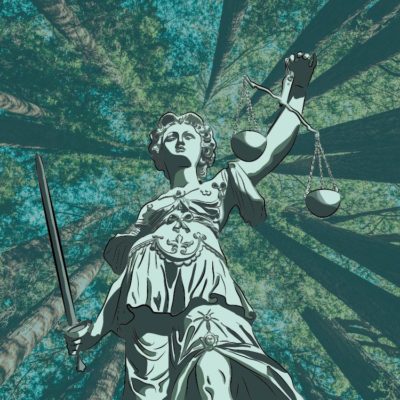
Greening the Divide
Is climate action inherently against Republican or business interests? Not according to Claudine Schneider, the first woman elected to higher office in the state of Rhode Island. Representing the state in D.C. for 10 years, she earned a reputation as one of the House’s strongest environmental advocates.

Sand, Salt, and Sea Level Rise
The starkest reality of climate change is that the countries least responsible for emitting greenhouse gases are the ones facing the worst climate impacts. One such state is the island nation of Kiribati, located in the Pacific Ocean, and projected to become increasingly uninhabitable over the next 50 years.
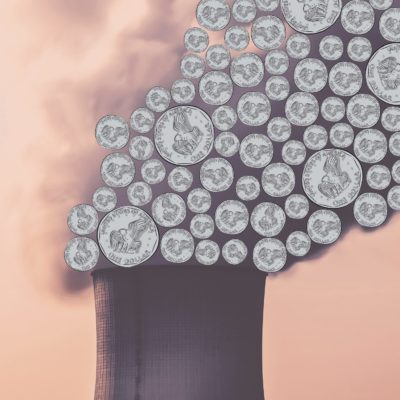
The Cost of Inaction
Carbon pricing has been in the news a lot lately. The IPCC even dubbed it a critical policy to avoid the worse consequences of climate change. What most people don’t realize though is that many jurisdictions already live under a carbon pricing mechanism, and that there are many different ways the policy can be implemented.
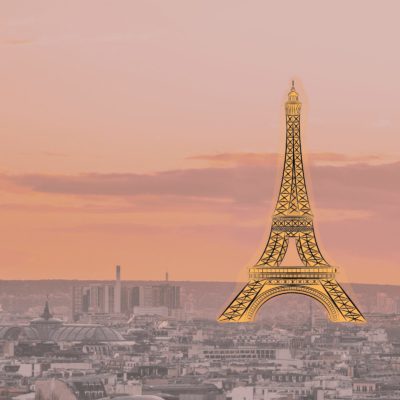
Paris Part Deux
Protest is nothing new to France, but over the past month, Paris and some other cities in the country have seen escalating protests, sparked by an eco-tax on fuel due to come into effect in January. Anti-carbon pricing pundits have been quick to point to Paris as a reason why carbon taxes do not work. We think otherwise.
SEASON ONE
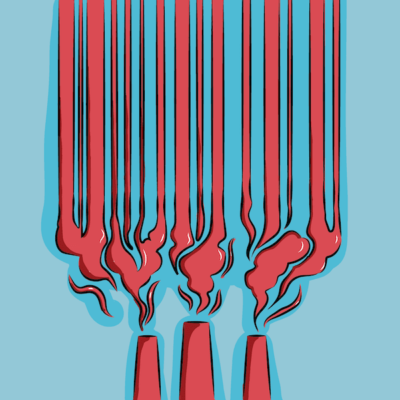
The (Carbon) Price is Right
Carbon pricing has emerged as a market-based solution to climate change. This week, we’re speaking with Michael Green, Executive Director of Climate XChange and long time advocate for carbon pricing, to learn more about the policy that has been gaining popularity across the globe.

Paris or Perish!
We discuss the Paris Agreement three years into its signing as well as the international climate movement and international policy on climate change. We dive deep into the legal implications of the US President announcing the withdrawal from the Agreement and what it means for the future of international climate action.
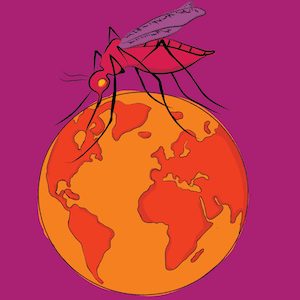
Bugs Know No Borders
This week, we focus on the ways in which changing climate patterns influence vector-borne diseases. John Pontillo joins us to talk about his personal experience living in a community impacted by malaria and how climate change will exasperate public health issues experienced in communities across the globe.
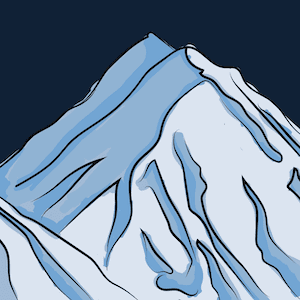
This Is Why We Can't Have Ice Things
For decades, controversy has brewed in DC over whether the Arctic National Wildlife Refuge should be opened to oil and gas exploration. This week, we are exploring the complexities surrounding this controversy with skier and preservation advocate, Brennan Lagasse.
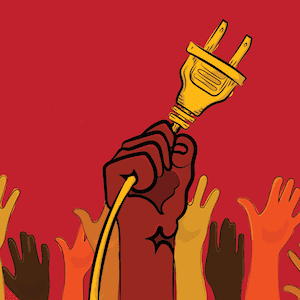
Fight Power With Power
What if we could create a profoundly more equitable world? Renewable energy has the potential to disrupt power dynamics created by fossil fuels, but how it’s implemented will be crucial. This week, we explore the concept of energy democracy with lawyer, activist and author, Shalanda Baker.
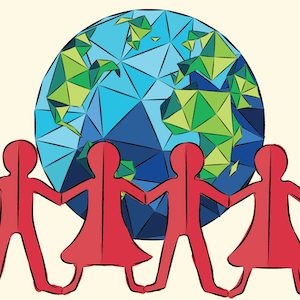
Welcome to the Neighborhood
Can knowing your neighbors be the key to surviving a disaster and thriving in it’s aftermath? This week on the podcast, we sit down with a leading expert on social capital and disaster recovery, Daniel Aldrich, to talk about how communities around the world have used their networks to become more resilient.
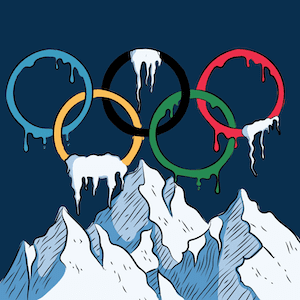
Going for the Green
The Winter Olympics is a worldwide showcase of competitive snow sports. But how will climate change impact the cities that host these games and the mountainsides that welcome recreational athletes across the globe? We chat with Olympic Biathlete Maddie Phaneuf about how waning winters motivated her advocacy for climate action.
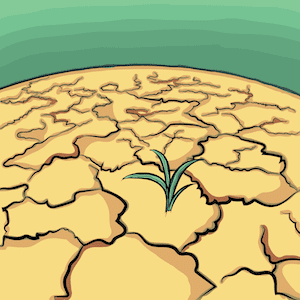
The Root of the Problem
Few sectors are as deeply impacted by changing weather patterns as agriculture. More than 60% of the world’s population depends on it for their livelihood, and the rest of us depend on their work to feed ourselves. We sat down with Laura Kuhl, expert in agriculture adaptation strategies, to discuss the ways we must rethink development in order to become more resilient.
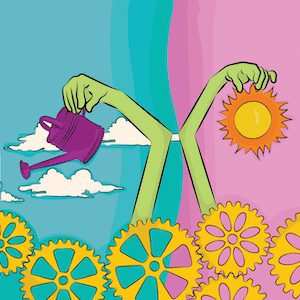
Tech in the Clouds
Today, we have the power and technology to change the Earth’s climate as we see fit. Geoengineering. Is it a good idea or a terrible one? What happens if we do it? Or if we don’t? This week we discuss emerging technologies with our guest, Professor of Sustainability Science and Policy, Jennie Stephens.







